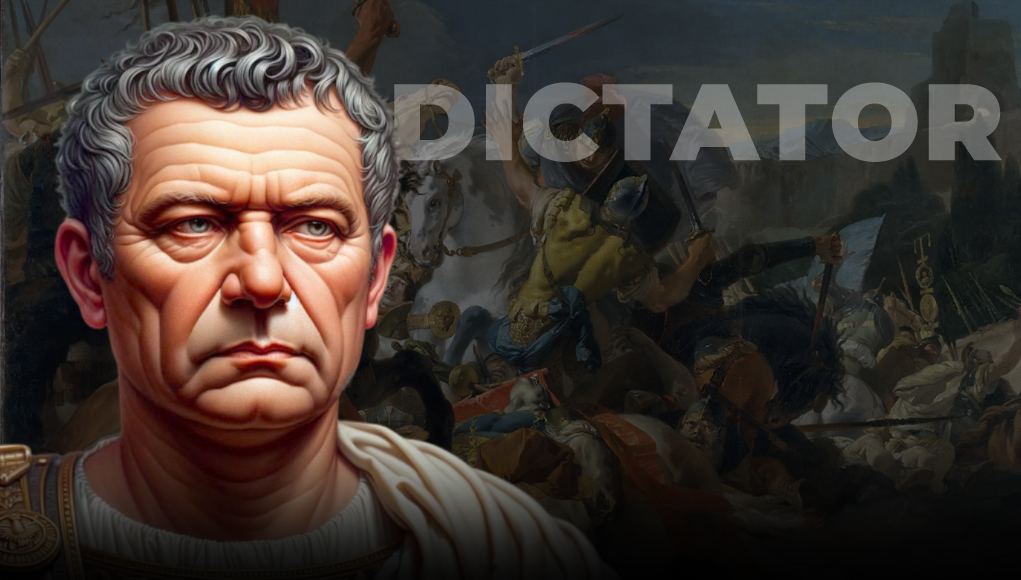The clothes we wear may change, but the virtues and vices of mankind do not.
As a historian of ancient Rome, I am in awe of the vast and rich sourcebook of knowledge it offers to guide us on what to heed and what to avoid. Yet it appears that those we elect, rule over us with no regard for what we think, as they wield the proverbial sword of what they call justice.
The warnings from the Australian government to the people around the proposed Misinformation and Disinformation Bill are reminiscent of the treatment meted out to those who dared to criticise rulers in ancient Rome; the caveat being that brutality of the highest order is not in play here.
However, this Bill comes on the back of four years of politicians instilling fear into the population, so it is not a standalone government edict. I argue that it is the trigger for the final battle in protecting our liberties and freedoms.
Giving or receiving hospitality, friendship, or a loan constituted grounds for accusation
We were warned in no uncertain terms by state premiers that the virus would “hunt down the unvaccinated”, and if we continued to ignore the dictates from on high, Senator Jacqui Lambie was there to warn that the government would come after us “lock, stock and barrel” unless we complied.

Too many people were harassed and harangued into being scared to live. Now, they are being primed to accept the most illiberal piece of legislation imaginable. And they will achieve this not just with help from the scaremongering media, but through hopes of raising an army of civilian snitches.
When Lucius Cornelius Sulla was made consul in the early 80s BC and, later, dictator with the goal to restore the Roman Republican constitution, he told the people that if they obeyed him, he would introduce changes that would benefit them all. Should they decide not to, then punishment would be swift and savage.
Those he considered enemies, or friends of enemies, were put on public proscription lists. In addition, he added a statement “detailing a prize for killers, rewards for informers, and penalties for concealment.”
Guilt by association also copped a severe punishment:
“Giving or receiving hospitality, friendship, or a loan constituted grounds for accusation, and there were actually cases of condemnation for showing sympathy or merely travelling in company with a suspect.”
The result of his unadulterated power?
Too many people were harassed and harangued into being scared to live.
“He took sole charge of shaping all the political institutions of the state in the way he wanted. For there was no longer any talk of laws, or elections, or sortition, since everybody was quaking with fear and lying low or keeping silent.”
Forty years later, a group of three – the infamous triumvirate of Antony, Octavian and Lepidus – conspired to punish their enemies in their quest for vengeance following the assassination of Julius Caesar.
They prepared a list in private, and even traded names of friends and foes of one another, surrendering their own relatives if necessary.
“These included brothers and uncles of the men who proscribed them and of their subordinates, if they had done anything to offend the leaders or these subordinates.”
In principle, what is the difference of intent between 80 BC and 2024 AD?
The Roman consuls proscribed those who offended them through brutal means, as was the order of the day. Our leadership designs legislation to incriminate us if we dare to offend them.
The intent remains the same – to silence anyone with a different view.
The lesson here is more for the ordinary person than the egotistical politician, for they already know the rulebook inside out – how to manipulate the population. We, as people who merely want to live our lives in relative peace, must harness a sense of courage to stand against the machinery of an overbearing government, even if it means earning the moniker of being an enemy of the state.
Thank you for your support. To help us in our battle to protect liberty and freedom please click here

Gerardine is a Roman historian, with specific interest in Rome’s foundation up to the end of the Republic. She advocates that history gifts us with wisdom for the mind and nourishment for the soul, and keenly defends the ancients’ legacy of civic society, law, and government.










